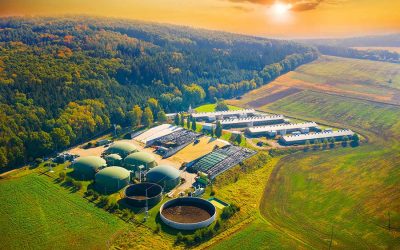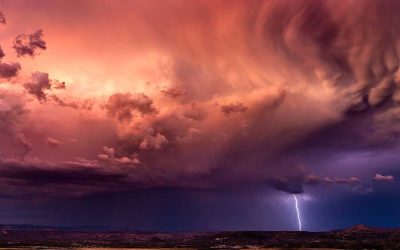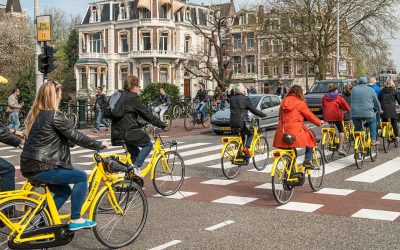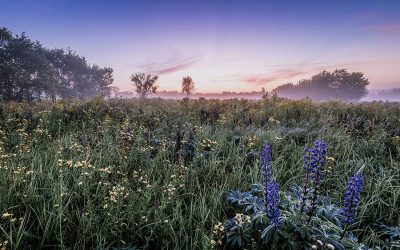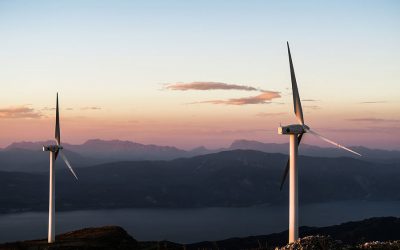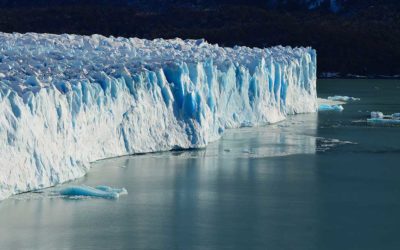We all know that methane is a far more dangerous greenhouse gas than CO2. But what if we could harness it and put it to good use? What if it we could power our cars and heat our homes on waste food? Will Llewellyn of Red Kite Management explains the potential and how to apply it.
Infrastructure & Design
Activism by Design
How can we use the leading edge of design thinking to create climate activism that really works? Dave Johnson is a lawyer, teacher, writer and design thinker who is bringing his breadth of understanding to bear on the climate and ecological emergency.
Power to change the world – for good or really, really bad
What is Power? How do we use it: both power over each other, and the power that fuels the world? How could we use it better?
Transport for a flourishing Future: Zero deaths, Zero Emissions, Zero Carbon
As we lurch towards irreversible climate chaos, how can we begin to pull back from the edge? This week, we look specifically at the area of transport: how can we be mobile and yet reach the 3 Zeroes of Death, Emissions and Carbon? What would it mean to live in an area with fair, free, extensive public transport? And how can we make this happen. Our lively, inspiring conversation with Dr John Whitelegg has answers.
Circles of Power
How can we embed circular thinking in our food, energy, water & waste to benefit people and the planet? LEAP Micro Anaerobic Digestion is building the systems in the UK, Nigeria, Malaysia and around the world to create local zero waste cultures that provide food and energy to their communities.
Power to the People
How are we going to create the power that we need in a world where fossil fuel use has to end? How can we end the central control of power and keep safe our data in a world where data-mining is a pernicious – and lucrative – as coal mining? Howard Johns has spent all his professional life finding answers. He shares them here.
The Best of Times, The Worst of Times
How bad are things really? Is it too late to avert the climate and ecological catastrophe? And if not, how do we pull ourselves back from the brink? Exploring answers with Professor Paul Behrens, author of ‘The Best of Times, The Worst of Times’
